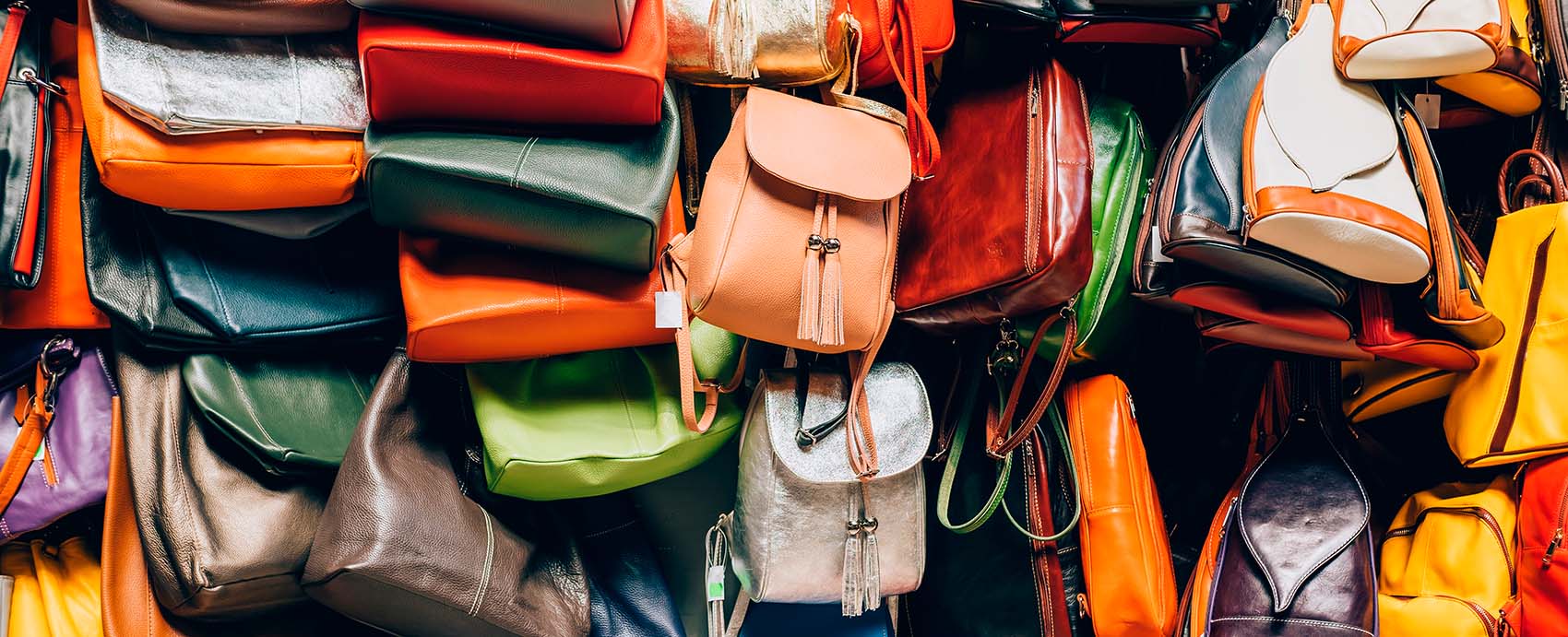

What is the natural law theory?
Els éssers humans posseeixen valors morals intrínsecs que regeixen part del seu raonament i comportament. L’evolució dels nostres hàbits de consum segueix aquesta naturalesa humana o ens deixem portar pel context econòmic i corrents socials del moment? Mireia Cano, cap d’agents d’11Onze, ens fa reflexionar sobre la relació entre la teoria de la llei natural i el consum responsable.
Els principis sobre els quals es basa la distinció entre un comportament correcte i incorrecte, el bo i el dolent, són característiques de conducta en part regides per la condició humana. Les normes culturals del moment defineixen les pautes morals acceptables per la societat. Dit això, hi ha valors morals i ètics, coneguts com la llei natural, que han perdurat al llarg del procés d’evolució de l’ésser humà gràcies a la necessitat més elemental de sobreviure i conviure en societat, i en harmonia amb l’entorn natural que ens envolta.
Ara bé, com a consumidors, les decisions que prenem en el nostre dia a dia estan en concordança amb aquesta llei natural? Mireia Cano ens planteja aquesta pregunta: “Comprem de forma conscient per naturalesa o ens deixem endur per les lleis socials?”, i ens insta a fer una reflexió sobre en quin món desitgem viure “des d’un punt de vista mediambiental, econòmic i pensant en la distribució de la riquesa”.
Consum conscient i responsable
Consumir d’acord amb els nostres valors no sempre és fàcil o convenient, i sovint entrem en contradiccions. La cap d’agents explica que “són coses que tots sabem, però sovint ens refugiem en el discurs que les nostres accions, com ara reciclar, són tan petites que no valen la pena”. Això és un error perquè, com puntualitza Cano, “es tracta de totes les decisions de consum que prenem, des del menjar, els subministraments o la roba”.
És comprensible que en èpoques de crisi la preocupació per l’economia familiar pesi més que l’ètica. La inflació desbocada i la crisi energètica han disparat el preu de molts productes i castrat el poder adquisitiu de molts consumidors. Però Cano assenyala que potser la clau està a replantejar el sistema en què vivim, “nosaltres, com a consumidors, tenim el poder de decidir per quines empreses apostem i, per tant, quines volem que siguin les empreses del futur”.
Si vols rentar la roba sense embrutar el planeta, 11Onze Recomana Natulim.
Leave a Reply
You must be logged in to post a comment.
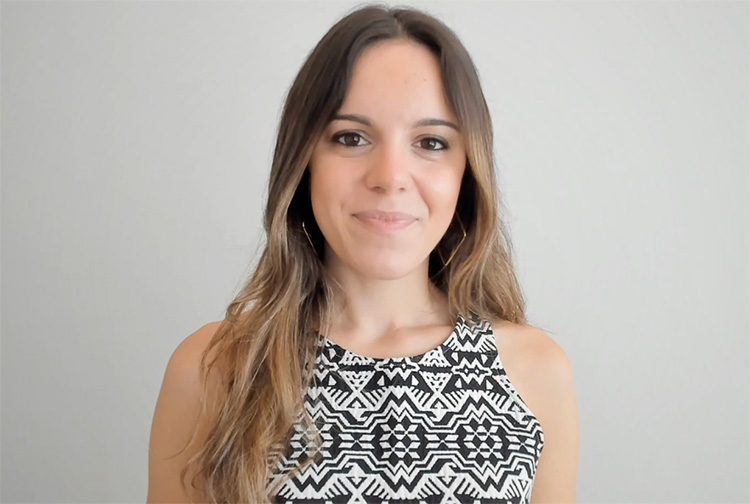
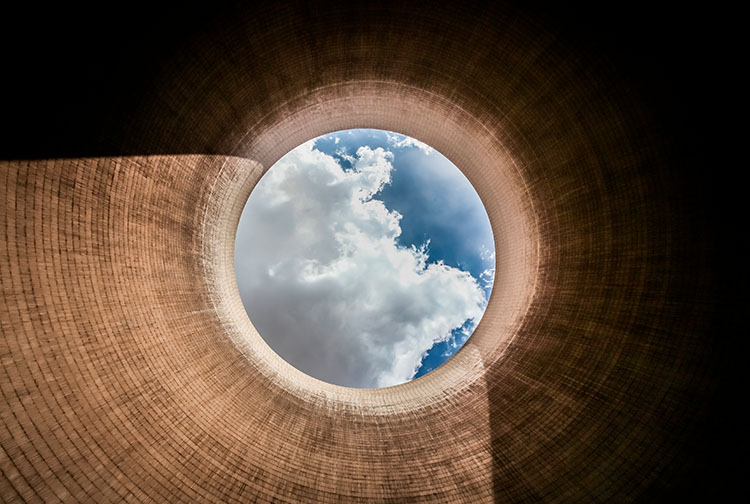
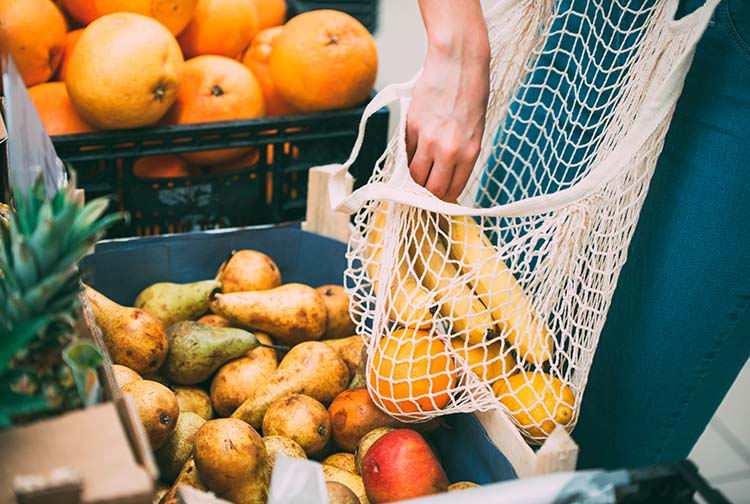
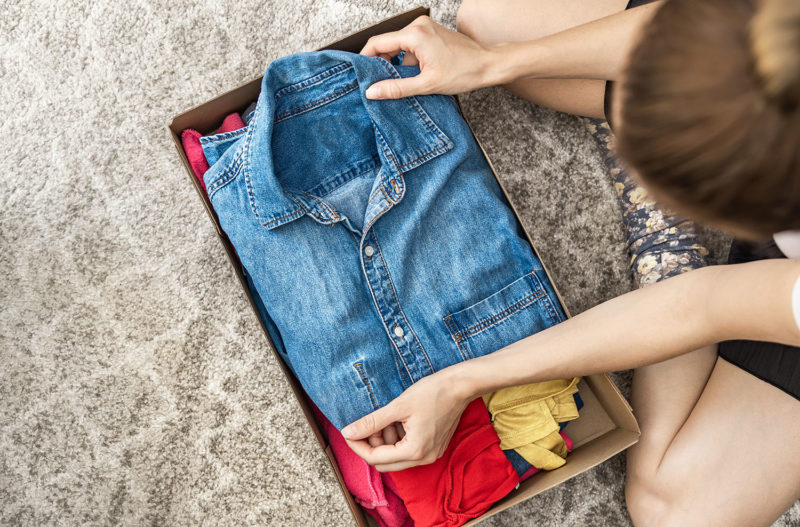


Gràcies Mireia. I gràcies també Arnau,està clar que el model chinés és el que copiarán els que ens governen.
Gràcies!
Pensem en empreses però també hauriem de pensar en governança, llei natural vol dir no dependre de cap governant, que ningú ens pugui dir que ens hem de tancar a casa al mig de la Cerdanya i que evitem prendre el sol i l’aire que és el que més salut de forma natural ens dóna… llei natural és deixar lloc al debat cientific alternatiu a les idees dels governants o dels que imposen certes lleis que favoreixen a les grans farmacèutiques i aplasten els coneixements ancestrals que ajudaven a la gent a curar-se de forma natural i no dependre de una industria que en els seus origens i composició té absoluta dependència amb les industries del petroli, Rockefelers, Rochfields, etc. Poder hauriem de fer un reset però no només econòmic, sinó de formes de governança i de institucions públiques que depenen massa dels interessos empresarials i de les grans industries, incosa la industria de les comunicacions (dominada per 7 grans grups, els quals tenen al darrera grans fons d’inversió amb pocs escrupuls: Black Rock, Vanguard, etc) Què hi penseu? hem de pensar més enllà poder… i què hi ha del pasaport mundial ? sabieu que ja existeix? però el que ens volen imposar és un altre, el de la OMS/ONU que acabarà sent una eina de control social…. tot al revés de la llei natural
T’agraïm el teu extens comentari, Arnau!!!
Es important canviar el nostre comportament del dia a dia per fer aquest mon sostenible.
Exacte Pere, canviem primer el què pensem, les nostres idees condicionen les nostres accions, i les nostres accions condicionen la nostra realitat. Així que sí, creure és crear!
Exercici fet! La reflexió és digna de posar-la als llibres de filosofia 👏👏👏 i aquesta posar-la al centre del marc polític per a posar la política al seu lloc, és a dir posar la política al servei de la població i de la filosofia per arreglar així aquest canvi de paradigma que sens bé a sobre amb tot l’entramat polític i les seues discussions banals q sols fan que mirar-se el melic i deixar-nos sols com a individus front a les adversitats. Gràcies equip d’11onze!🏁
Gràcies per les teves paraules, Jordi! La reflexió i la filosofia sempre haurien de formar part de la nostra vida, per ajudar-nos a viure-la amb més consciència.
Arrel de la pandèmia, es quan vaig descobrir productors de proximitat i de qualitat, es cert que aquests productes són un xic més cars, però són preus justos. No hi ha dret a l’explotació a la q estàn sotmesos, sobre tot el sector agrícola i ramader.
Hi estic d’acord, Manel. Contribuir en l’economia de la nostra comunitat és un win-win en tota regla. Pel present, però sobretot pel futur! 🌱